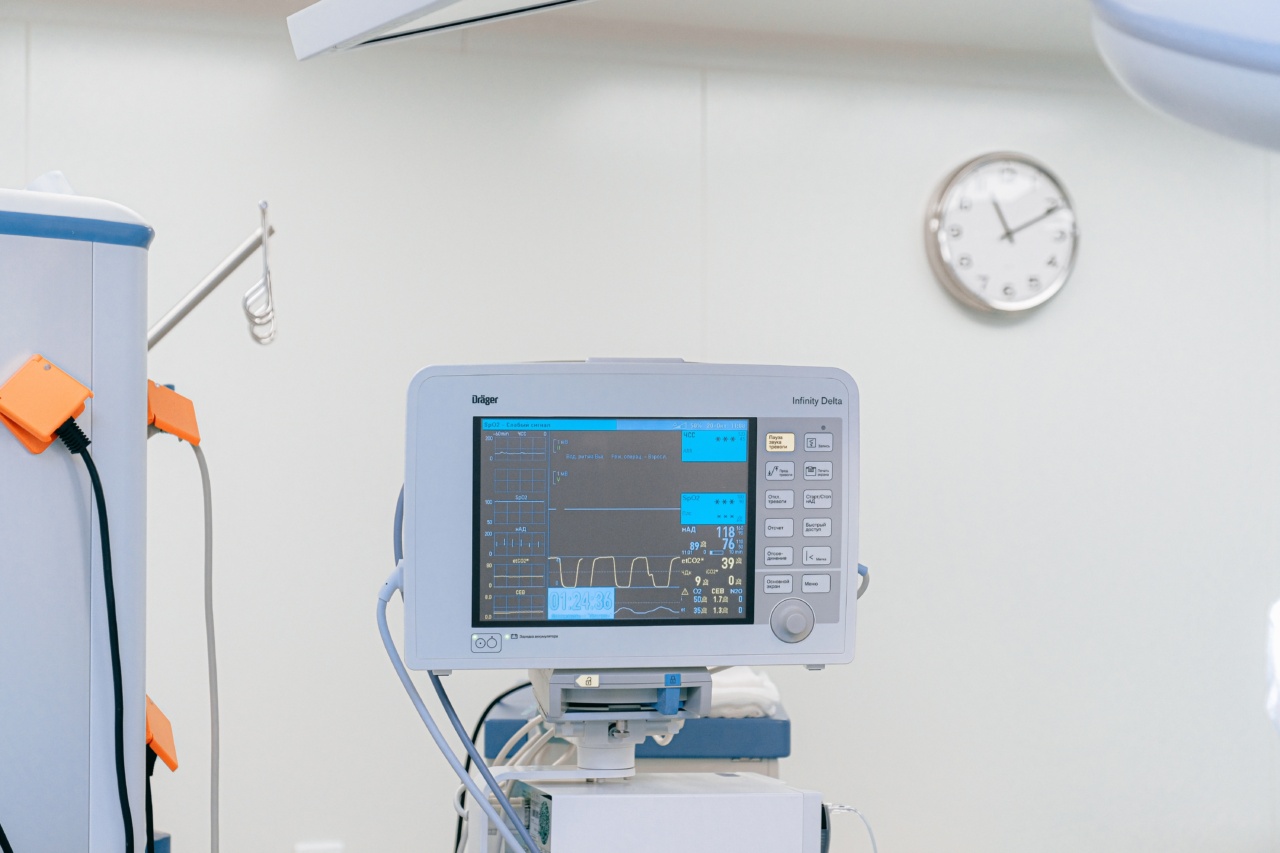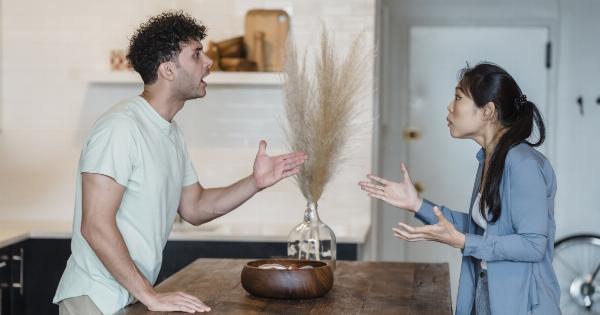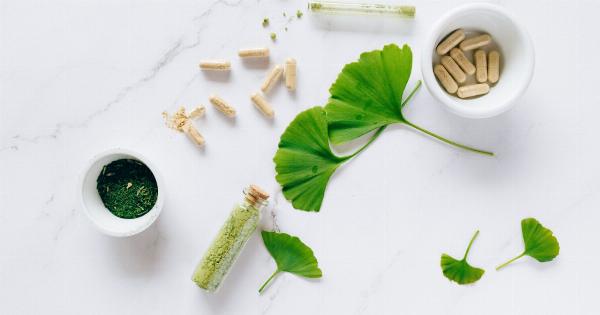Hemorrhoids are a common condition that affects millions of people worldwide. They are also known as piles and are swollen veins in the rectum and anus. Hemorrhoids can be internal or external, and they can cause discomfort, pain, and bleeding.
In this article, we will discuss the signs, causes, and treatments of hemorrhoids.
Signs of Hemorrhoids
The signs of hemorrhoids depend on their type and severity. Internal hemorrhoids are usually painless and can go unnoticed for a long time. The most common sign of internal hemorrhoids is bleeding during bowel movements.
You may notice a few drops of bright red blood on the toilet paper or in the toilet bowl. External hemorrhoids, on the other hand, are easy to spot and can cause pain and discomfort. The most common signs of external hemorrhoids include:.
- Pain and discomfort around the anus
- Swelling and inflammation around the anus
- Bleeding during bowel movements
- Itching and irritation around the anus
- A lump or a hard bump around the anus
Causes of Hemorrhoids
The exact cause of hemorrhoids is unknown, but several factors can increase your risk of developing them. Some of these risk factors include:.
- Chronic constipation or diarrhea
- Pregnancy and childbirth
- Aging
- Obesity
- Prolonged sitting or standing
- Heavy lifting
Another common cause of hemorrhoids is straining during bowel movements. Straining can increase the pressure in the veins around the anus, leading to their swelling and inflammation.
Treatments for Hemorrhoids
The treatment for hemorrhoids depends on their type and severity. In most cases, hemorrhoids can be treated with home remedies and lifestyle changes. Here are some of the common treatments for hemorrhoids:.
- Warm baths: Soaking in warm water for 10-15 minutes several times a day can help relieve the symptoms of hemorrhoids.
- Topical creams and ointments: Over-the-counter creams and ointments can help reduce the swelling and inflammation of hemorrhoids. They usually contain hydrocortisone, witch hazel, or lidocaine.
- Pain relievers: Over-the-counter pain relievers, such as ibuprofen or acetaminophen, can help relieve the pain and discomfort of hemorrhoids.
- Fiber supplements: Adding more fiber to your diet can help soften your stool and make bowel movements easier. You can take fiber supplements, such as psyllium husk or methylcellulose, to increase your fiber intake.
- Hydration: Drinking plenty of water and other fluids can help prevent constipation and make bowel movements easier.
- Avoiding straining: Avoiding straining during bowel movements by using a stool softener or a gentle laxative can help prevent the recurrence of hemorrhoids.
- Surgery: In severe cases, surgery may be necessary. Hemorrhoidectomy is a surgical procedure that removes the hemorrhoids.
Prevention of Hemorrhoids
You can prevent hemorrhoids by making some lifestyle changes and adopting healthy habits. Here are some tips to prevent hemorrhoids:.






























